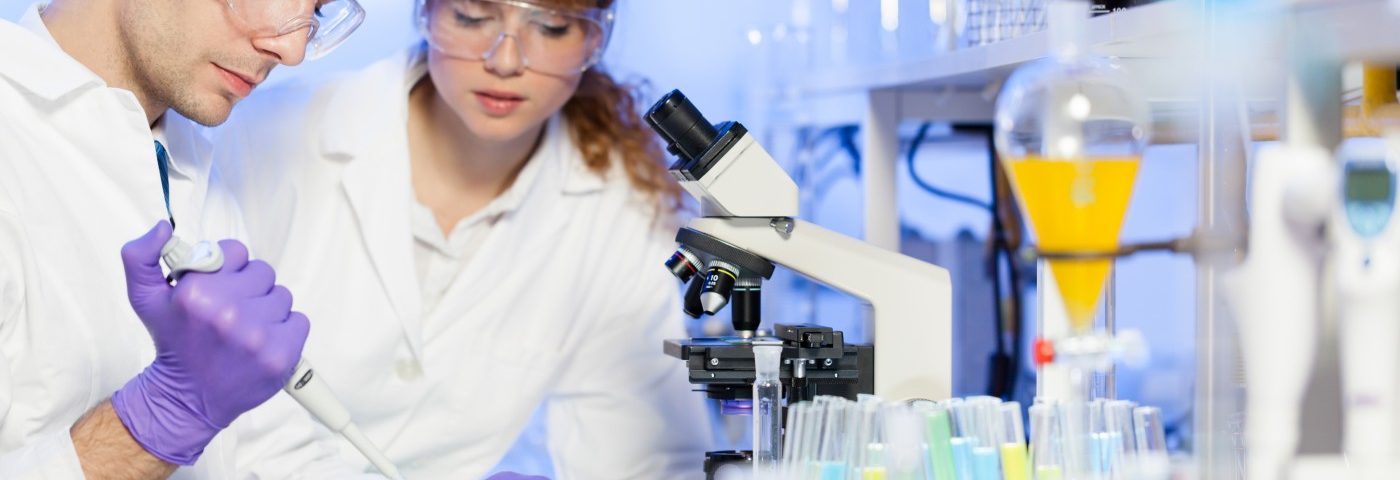PETA’s International Science Consortium (PISC) is donating $400,000 worth of Vitrocell animal-free inhalation test equipment to four institutions in the United States and Europe. PISC promotes non-animal research methods and coordinates the scientific and regulatory expertise of its members.
Investigators at Heriot-Watt University in Edinburgh, Scotland, in the U.K. will use Vitrocell’s exposure systems inhalation equipment to optimize a cell-based system designed to predict the development of lung fibrosis. In addition, PISC is providing Vitrocell’s exposure systems testing machines to three other laboratories in the U.S and Belgium which are working on methods to replace the use of animals in inhalation testing.
Humans may inhale airborne substances such as cigarette smoke or pesticides all the time. To conduct experiments of the effects of these inhaled materials, scientists usually use animals to inhale the toxins so they can be monitored for signs of sickness. But using animals for research purposes raises ethical concerns.
The German-based Vitrocell makes equipment that can be used to expose human cells to a test material in an environment that mimics the human lung.
Vitrocell systems are designed so the direct exposure of cell cultures to airborne substances such as gases, complex mixtures, nanoparticles and fibers can be optimally researched in a system where cells or tissues are not covered by culture medium. This gives more authentic and credible results than submerging mammalian cell samples.
“In our work to replace animals in inhalation testing, we identified the need to provide researchers with these tools,” Amy Clippinger, associate director of PISC, said in a news release. “We are pleased to provide this equipment to laboratories conducting human-relevant research that will protect humans and spare animals.”
With the Vitrocell system, specialists in cellular and computational methods at North Carolina-based ScitoVation will examine the effects of cancer-causing compounds; researchers at VITO NV in Belgium will examine the effects of nanomaterials on human lung cells; and researchers at the nonprofit Institute for In Vitro Sciences in Maryland will compare the effects of conventional and electronic cigarettes.
“We are grateful to the PETA Science Consortium for this specialized equipment which will allow us to assist industry and regulatory scientists to gather crucial data without using animals.” said Erin Hill, president of the Institute for In Vitro Sciences.


Wonderful! Advanced, animal-free methods like these are not only humane, they are relevant to human health and can lead to real breakthroughs.